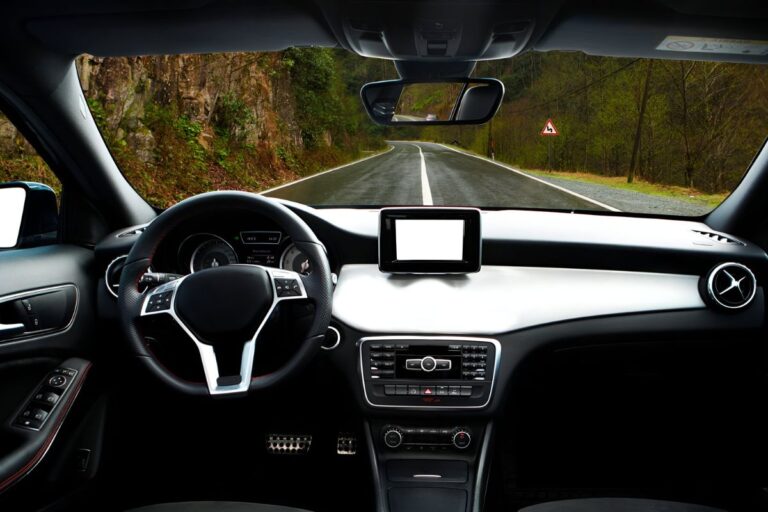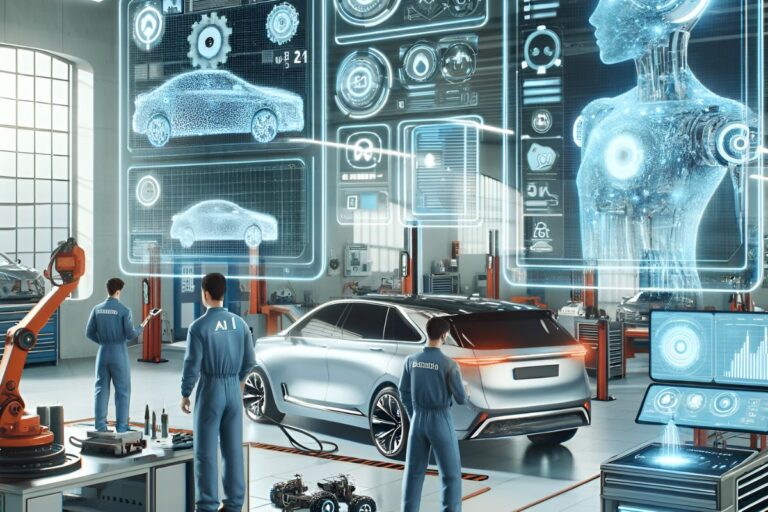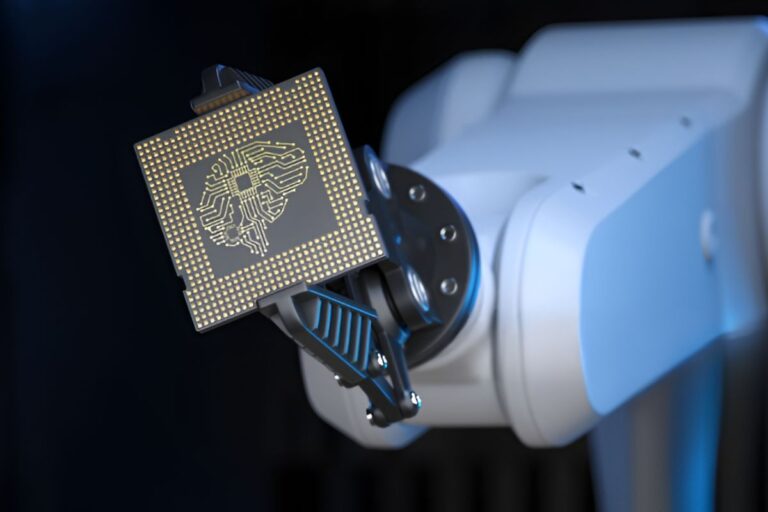The automotive industry is in a huge shift, propelled by the accelerating adoption of electric vehicles (EVs). As the world embraces sustainable transportation, the infrastructure that supports it is also undergoing a remarkable transformation. EV charging stations, once a rare sight, are now becoming an increasingly common feature of our roads, parking lots, and homes.
This evolution reflects the growing popularity of EVs and the relentless innovation in automotive technology.
The Early Days: A Spark of Innovation
In the early days of EVs, charging infrastructure was limited and often rudimentary. Most charging stations were Level 1 chargers, utilising standard household outlets and providing a slow, overnight charging experience. This limitation highlighted the need for more efficient and convenient charging solutions to make EVs a practical choice for everyday use.
The introduction of Level 2 chargers marked a significant step forward. These chargers, with their higher voltage output, significantly reduced charging times, making it feasible for EV owners to recharge their vehicles during the day. Businesses, shopping centres, and parking garages began installing Level 2 chargers, gradually expanding the network and making EV ownership more appealing.
Fast Charging: Fueling the Future
As EV battery technology advanced and driving ranges increased, the demand for even faster charging grew. This led to the development of DC fast chargers capable of delivering a substantial amount of charge in a short period. Fast chargers, strategically located along highways and major transportation routes, have enabled long-distance EV travel, alleviating range anxiety and making electric road trips a reality.
The evolution of charging stations has not been limited to speed alone. Smart charging technology, with its ability to optimise charging times based on energy demand and pricing, has emerged as a game-changer. Smart chargers can communicate with the grid, EV batteries, and even home energy management systems, ensuring that charging is not only efficient but also cost-effective.
Innovations on the Horizon
The future of EV charging holds even more exciting possibilities. Wireless charging, which eliminates the need for physical cables, is on the cusp of becoming a reality. Ultra-fast charging technologies promise to reduce charging times to mere minutes, rivalling the speed of refuelling a conventional vehicle. Vehicle-to-grid (V2G) technology, which allows EVs to discharge power back to the grid, is poised to revolutionise the way we think about energy storage and distribution.
Sustainability and Beyond
The evolution of EV charging stations is inextricably linked to the broader goals of sustainability and environmental stewardship. Charging stations powered by renewable energy sources, such as solar and wind, are becoming increasingly common. These stations not only reduce carbon emissions but also contribute to the resilience and reliability of the power grid.
Visionary Leadership: Sushen Mohan Gupta, CEO of Deva Autotronics
The driving force behind Deva Autotronics’ innovation in EV charging is our CEO, Sushen Mohan Gupta. With a deep passion for sustainable technology and a keen understanding of the automotive industry’s evolution, Sushen has steered Deva Autotronics towards pioneering advancements in EV charging infrastructure.
Under his leadership, we’ve embraced a culture of relentless innovation, pushing the boundaries of what’s possible. Sushen’s unwavering commitment to sustainability has shaped our approach to product development, ensuring that our charging solutions are not only efficient and convenient but also environmentally responsible. His vision for a future where electric mobility is seamlessly integrated into daily life inspires us to create groundbreaking technologies that will accelerate the transition to a cleaner, greener transportation ecosystem.
Wrapping Up!
In conclusion, the evolution of EV charging stations is a testament to the ingenuity and adaptability of the automotive industry. As technology continues to advance, we can expect even more innovative and efficient charging solutions to emerge. These advancements will not only make EV ownership more convenient but also accelerate the transition to a cleaner, more sustainable transportation future.






